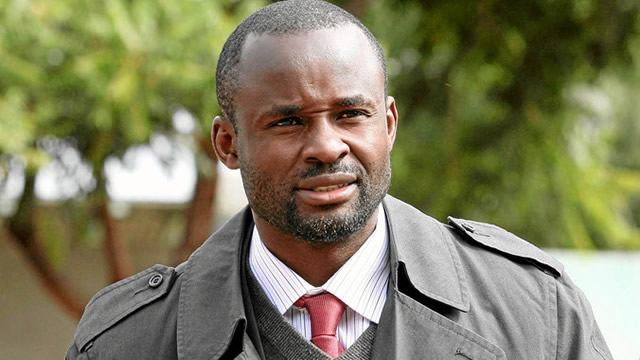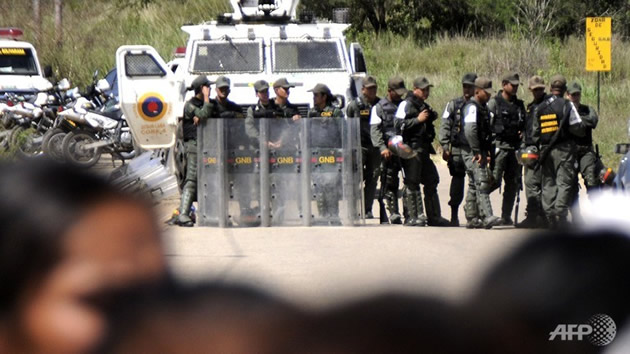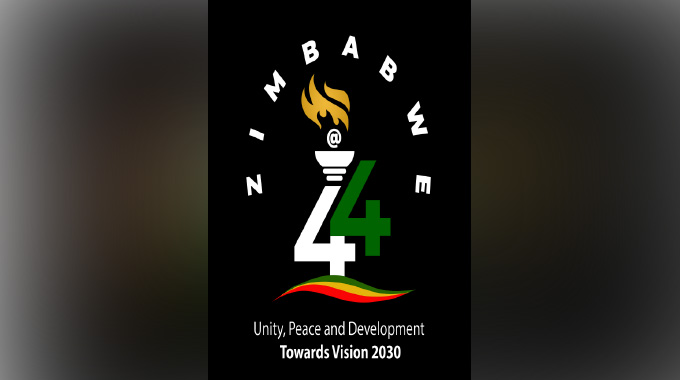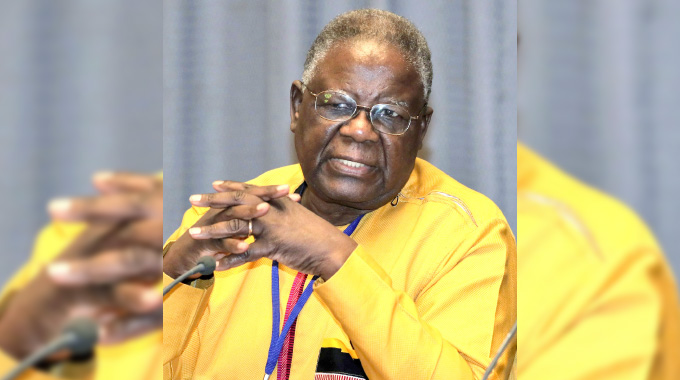Life after congress as ZimAsset beckons

 Noel T Ngangira
Noel T Ngangira
FOR some weeks now, the on-going factional dynamics which have culminated into a somewhat cleansing process in Zanu-PF has helped elevate the local news to “a must watch or read” item on many people’s to-do lists. And, as we watch the ongoing drama unfold, it appears the eventual and biggest casualty is likely to be our embattled Vice President. That’s not discounting that she may spring a surprise with plan B, that is if she has it.
However, should the serious corruption allegations stick and are proven to be true, then the VP’s chances of occupying the highest office in the land are zero. In that case the only state institution in which she may be entertained possibly in the position of permanent resident or visiting research scholar would be Chikurubi maximum prison.
Granted, nearly all politicians have dirty hands as the occupation sometimes involves playing by the devil’s rules, but when acts of corruption have been exposed at such high levels in government, the whole nation watches and expects justice to take its course. More than imperialism, corruption has thwarted Africa’s hopes of uplifting itself for a very long time now.
As for allegations of an assassination plot, as unthinkable as it may sound, again if proven to be true, then the alleged key insiders of the plot may not surprise anyone as they have a well-known history of treachery, incompetence and corruption. With friends like these, the VP did not need enemies to ruin her own presidential ambitions. At worst, such mafia regime change plots can lead to total societal destruction as one Dan Glazebrook puts it in his brilliant article Africa: The Lesson of Libya.
Now, the question is; is there any semblance of a stable democracy, peace and tranquility or even economic advancement in Iraq, Afghanistan and Libya in the aftermath of Western-led military intervention to effect regime change? The answer is a deafening NO! That’s what the brainless buffoons in our midst who pray for a violent and unconstitutional change of government need to know.
However, such is the dynamics and unpredictability of Zanu-PF’s internal scuffle that it has produced what, at the start, appeared very improbable, two interesting characters. First was Honourable Temba Mliswa, who came in shooting from the hip, without much strategic thought though he did put up some show but as expected he could not defy gravity.
Then came the show’s big surprise, Cde Grace Mugabe of the “STOP IT!” fame. With directness, zeal and amazing stamina to make long speeches without a break, she tore into the VP’s unpresidential qualities of alleged corrupt and power-hungry tendencies. However, some of her tidbit offerings were rather overdone and too much for the older audience. The jury is still out, and many are still bewildered, but hurricane “STOP IT” may have turned some people’s plans upside down.
Now, as long as the so-far peaceful factional grudge match-cum-cleansing process does not spill into the post Congress period, it is a welcome disruptive necessity. Whether we like it or not, after the carnage has run its course and however the match ends, it will put to rest the question of succession in Zanu-PF in 2018 as one of the chosen vice presidents will be the heir apparent. If the party emerges from this scuffle unified, the upside is a government more focused on economic issues.
To cement his legacy, the president should grab this rare opportunity to weed out the all-too-familiar deadwood elements in cabinet/government. The result should then be a trimmed, Zim- Asset-focused, go-getter and proven cabinet and not a platform for appeasing incompetent people in a bid to balance constituencies’ representation in cabinet. That’s a very flawed formula. This era of economic progression requires serious commitment and a proven skills set in industry and government alike that match the huge economic advancement task at hand.
All the other secondary concerns eg loyalty, should then be built around this core of commitment, experience and skills. In other words ZimAsset should be the only game in town post-congress.
While ZimAsset is estimated to require US$27 billion for full implementation, it is important to bear in mind that every journey begins with a small step. In an economic environment and culture that encourages savings, a $10 saving per person and per month by over three quarters of our population equates to over $1 billion in net annual savings.
Therefore, one of government’s (or the Reserve Bank’s) important endeavours should be to ensure that the financial system encourages savings and investment in productive sectors by locals and citizens in the Diaspora. As aptly said by Dr Allan Greenspan, the former Federal Reserve chairman; “The premise of a financial system is to facilitate the movement of society’s savings into productive capital assets, which will create a rising standard of living”.
People in the Diaspora and with their country at heart, who remit money home and locals who save money, help in creating the much needed liquidity and savings. There is a need to step up our diplomacy to ward off the perceived high country risk and pave way for local industry to tap into development financial institutions (DFIs) and multilateral development banks (MDBs) such as China Development Bank, Export and Import Bank and World Bank’s IFC for funding.
The fascination with IMF to be our only lender of last resort by some of our traditional economists is only understandable if one takes into account their backgrounds. Over-reliance on the Bretton Woods institutions is no panacea to our problems and in fact, these institutions have had their fair share of failure in the past as some of their policy prescriptions turned out to be disastrous to our economy and the livelihoods of many. Remember ESAP? As one economic writer put it, the free-market ideology is more important to institutions like IMF than analytical rigour.
It is doubtful whether the IMF’s usual recommendation of austerity measures has ever really worked anywhere as such measures shrink economies thereby diminishing tax revenue which in turn forces a country to seek further debt relief. However, that we need good relations with IMF/World Bank is a no-brainer, more so when we have to pay back loans owed to these institutions. But going forward, a mix of lenders which includes project-focused lenders such as Asian DFIs & MDBs and the much anticipated BRICS Development Bank is important. In this multipolar era, it is not strategic to be trapped by/or in, a unipolar hegemony and risk being held at ransom and be forcibly fed with a slew of intrinsically alien and ideologically devious demands.
Having said that, in part, the path to real economic development starts with disciplined economic management by government which includes promoting the allocation of resources to productive sectors; not succumbing to uneconomical populist demands and avoiding useless bloated expenditures like over-staffing government departments and importing expensive fleets of luxury cars for government officials among others. The analogy for not following the above is that of a cattle farmer who preserves the bulls and slaughters the only cow he has for a Christmas party, only to wonder, years later, why his herd has not increased.
One of the cornerstone areas which the government is now addressing with the ongoing upgrade of Kariba and Hwange power stations is increased electricity generation. However, a three-source strategy of generating electricity, that is from hydro, coal and gas provides a diverse power mix for power security reasons. Supply disruption of one source leaves the country with two to lean on and therefore diversification of power sources also has a positive bearing on national security.
The ZimAsset blueprint identifies the critical need of building power generation capacity from all the three sources. Feasibility studies of Matabeleland’s methane gas project for electricity generation need speeding up. Sufficient availability of electricity underpins growth in agriculture, mining, mineral beneficiation and industrialisation and thereby spurring GDP growth. With an explosion of electricity demand in the near future inevitable, it is prudent to bring forward construction of Batoka hydro and Sengwa thermal power stations.
Turning to the global commodities market, it remains to be seen how the recent dramatic fall in iron ore price will impact on Essar/NewZim Steel’s project economics. One hopes the mining concession areas acquired by the Essar-NewZim, have favourable strip ratios to enable a positive preliminary economic assessment and eventual progression to a bankable feasibility study for a low-cost operation. Iron ore prices have plummeted from an all-time high of $192 a tonne in February 2011 to current price of around $70 a tonne and the market is currently saddled with excess supply over demand.
The top players in iron ore mining like BHP, Rio Tinto and Vale successfully compete on relentless increases in productivity, quality resources, and low-cost and high volume production and continue to make tonnes of profits regardless of the fall in iron ore prices. Such is the volatile nature of commodities markets, but the general outlook is that commodity prices will rise driven by demand from emerging markets which include China, India, Nigeria etc. Our economy needs employment-creating and cornerstone projects like Essar-NewZim Steel, Great Dyke Investments, Diamond Cutting and Polishing industry and more to come to fruition.
As the political season enters the home stretch, all political players, patriots, good people, hoodlums and deadwood should be prepared to speedily wrap up their acts and direct their energies to the implementation of ZimAsset; taking stock of quick wins’ deliverables and ensuring government’s blitz intervention in delivery of services. That’s the only game in town.
- Noel T Ngangira writes in his own capacity and can be contacted on [email protected]










Comments